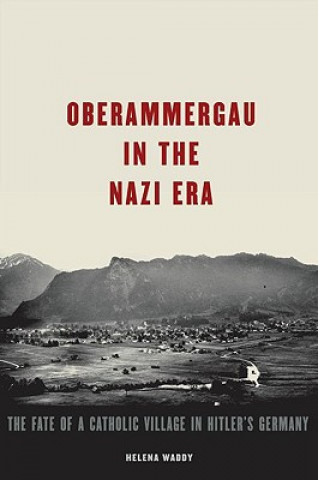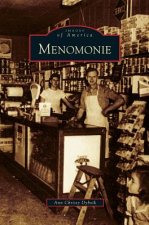
Doručenie
Nákupný poradca





Nehodí sa? Žiadny problém! U nás môžete do 30 dní vrátiť
 Darčekový poukaz
v ľubovoľnej hodnote
Darčekový poukaz
v ľubovoľnej hodnote
S darčekovým poukazom nešliapnete vedľa. Obdarovaný si za darčekový poukaz môže vybrať čokoľvek z našej ponuky.
Oberammergau in the Nazi Era
 Angličtina
Angličtina
 236 b
236 b
30 dní na vrátenie tovaru
Mohlo by vás tiež zaujímať


The Bavarian mountain village of Oberammergau is famous for its decennial passion play. The play began as an articulation of the villagers' strong Catholic piety, but in the late 19th and early 20th centuries developed into a considerable commercial enterprise. The growth of the passion play from a curiosity of village piety into a major tourist attraction encouraged all manner of entrepreneurial behavior and brought the inhabitants of this isolated rural area into close contract with a larger world. Hundreds of thousands of tourists came to see the play, and thousands of temporary workers descended on the village during the play season, some settling permanently in Oberammergau. Adolf Hitler would attend a performance of the play in 1934, later saying that the drama "revealed the muck and mire of Jewry." But, Helena Waddy argues, it is a mistake to brand Oberammergau as a Nazi stronghold, as has commonly been done. In this book she uses Oberammergau's unique history to explain why and how genuinely some villagers chose to become Nazis, while others rejected Party membership and defended their Catholic lifestyle. She explores the reasons why both local Nazis and their opponents fought to protect the village's cherished identity against the Third Reich's many intrusive demands. On the other hand, she also shows that the play mirrored the Gospel-based anti-Semitism endemic to Western culture. As a local study of the rise of Nazism and the Nazi era, Waddy's work is an important contribution to a growing genre. As a collective biography, it is a fascinating and moving portrait of life at a time when, as Thomas Mann wrote, "every day hurled the wildest demands at the heart and brain."
Informácie o knihe
 Angličtina
Angličtina
Kategórie




 Ako nakupovať
Ako nakupovať





























